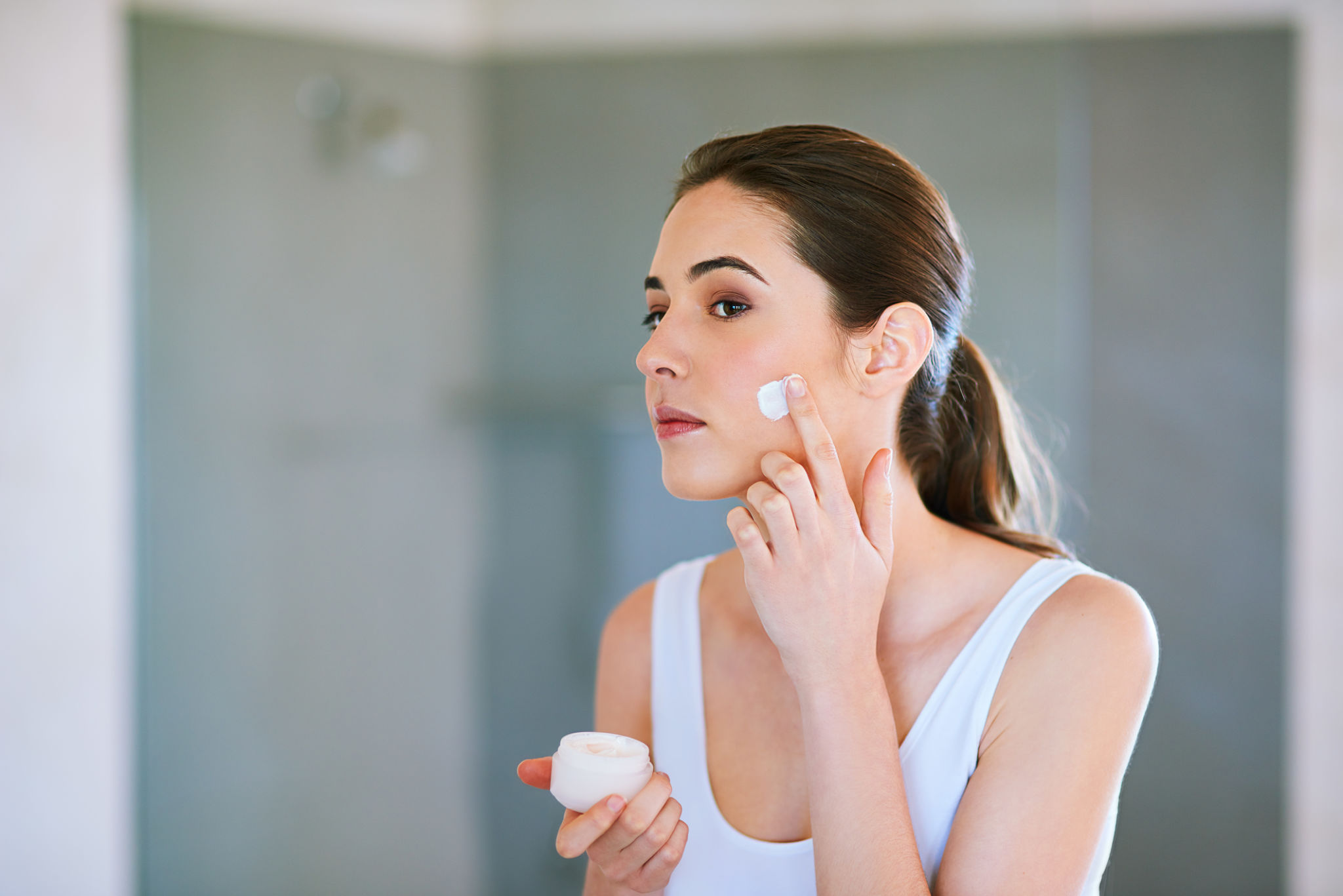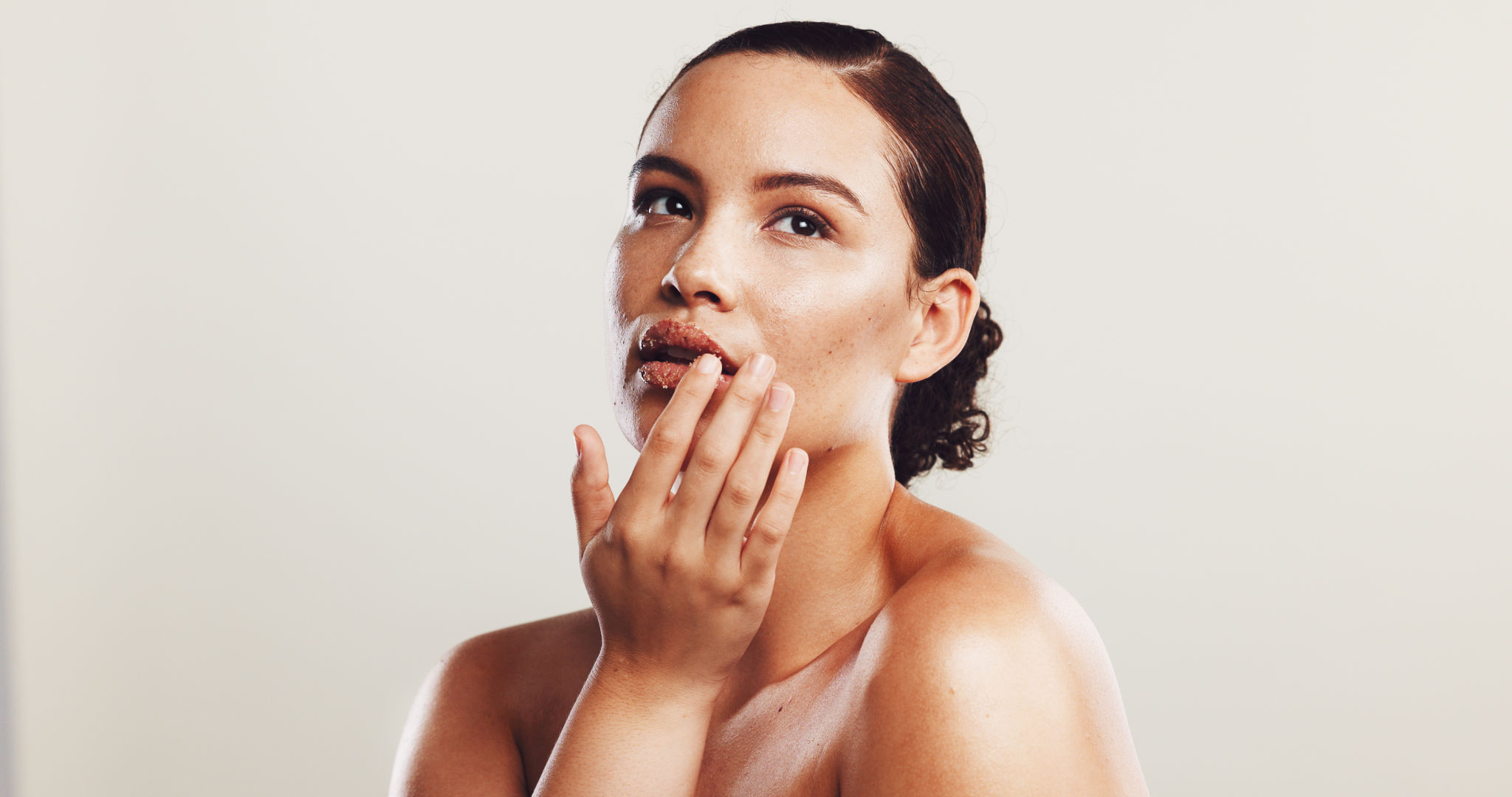Common Skincare Myths Debunked by Experts
Understanding Skincare Myths
With the plethora of skincare advice available today, it’s easy to get overwhelmed and fall for popular myths. From social media tips to well-meaning advice from friends, distinguishing fact from fiction can be challenging. To help you navigate the world of skincare, we’ve consulted experts to debunk some of the most common skincare myths.

Myth 1: Oily Skin Doesn’t Need Moisturizer
One of the most persistent myths is that if you have oily skin, you should skip the moisturizer. However, this could not be further from the truth. All skin types need hydration, and skipping moisturizer can lead to an overproduction of oil as your skin tries to compensate for the lack of moisture. Experts recommend using a lightweight, non-comedogenic moisturizer that won't clog pores.
Myth 2: Natural Ingredients Are Always Better
While natural skincare products are often marketed as safer and more effective, this is not always the case. Some natural ingredients can irritate sensitive skin or cause allergic reactions. Experts suggest that whether a product is natural or synthetic, what matters most is its formulation and how it interacts with your particular skin type.

Exfoliating and Anti-Aging
Exfoliation is a crucial part of any skincare routine, but there are many misconceptions about how often it should be done. Over-exfoliating can strip your skin of its natural oils and lead to irritation. Dermatologists recommend exfoliating no more than two to three times a week, depending on your skin type and the exfoliant used.
Myth 3: Anti-Aging Products Are Only for Older People
Many people believe that anti-aging skincare is only necessary for mature skin. However, experts advise that it's never too early to start caring for your skin. Incorporating anti-aging products like sunscreen and antioxidants into your routine at a young age can help prevent premature aging and maintain skin health over time.

Sunscreen and Acne Myths
Another common myth is that you only need sunscreen on sunny days. In reality, UV rays can penetrate clouds and cause skin damage even on overcast days. Expert dermatologists emphasize the importance of wearing sunscreen daily, regardless of the weather, to protect against premature aging and skin cancer.
Myth 4: Acne Is Caused by Poor Hygiene
Acne is often mistakenly attributed to poor hygiene, leading to harsh cleansing routines that can worsen the condition. In truth, acne is primarily caused by factors such as hormones, genetics, and bacteria. Gentle cleansing and using appropriate acne treatments are recommended for managing breakouts.

The Bottom Line
Understanding and debunking skincare myths is crucial for developing an effective routine. By consulting experts and relying on scientifically-backed information, you can make informed decisions about your skincare. Remember, every skin type is unique, and what works for one person may not work for another. It’s always best to consult with a dermatologist for personalized advice.